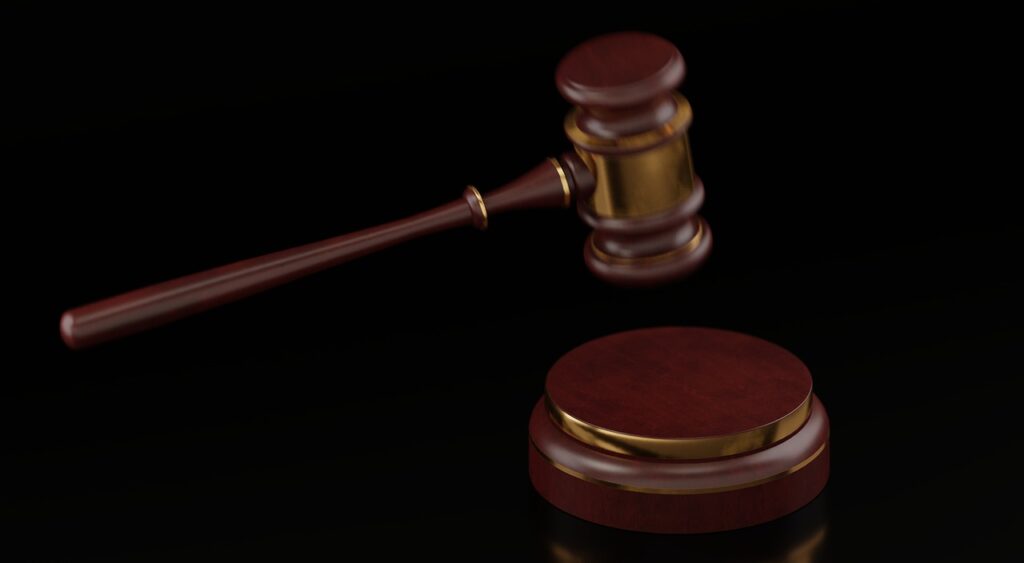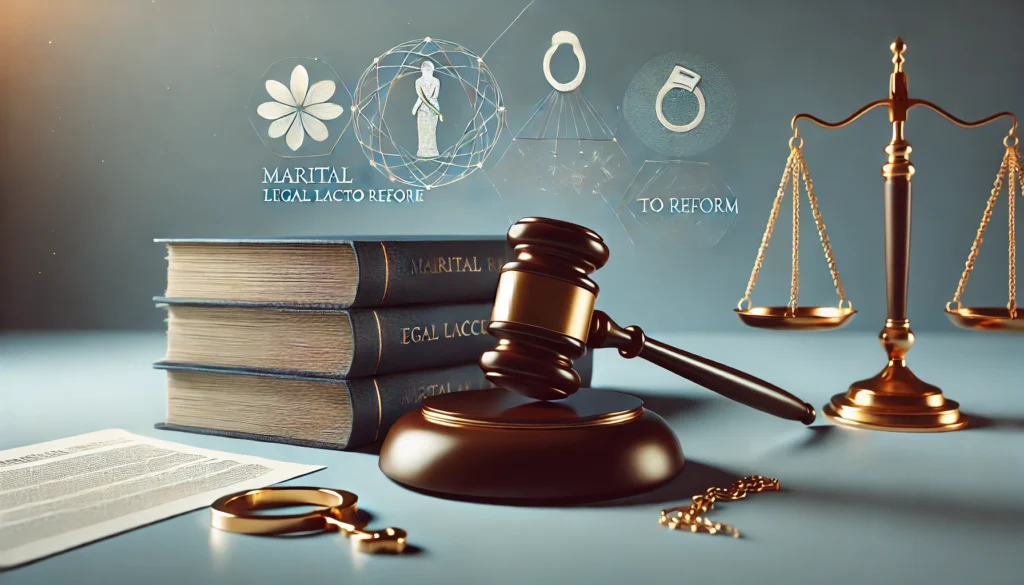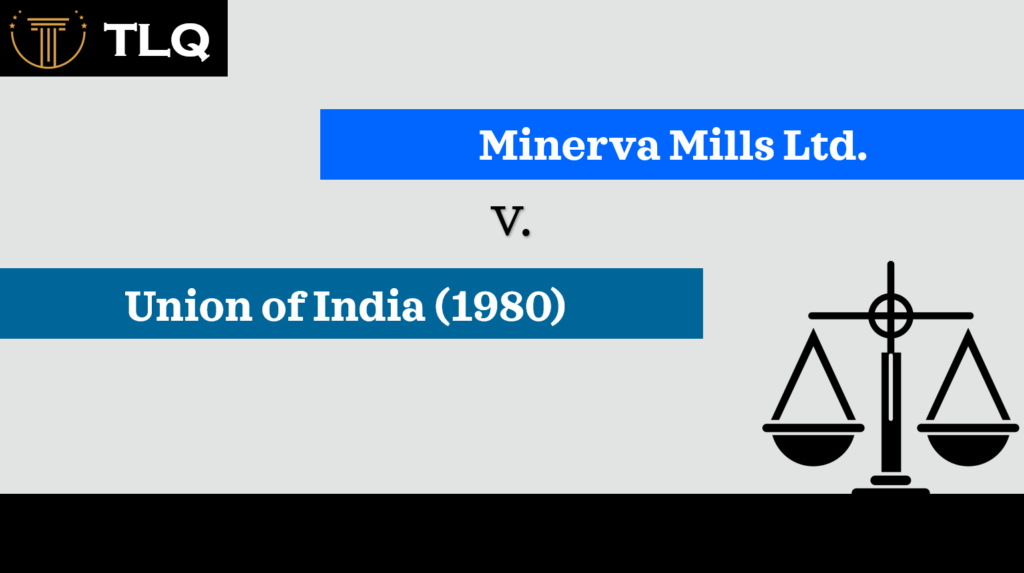Published On: 1st December, 2023
Authored By: Roshan Jose
Nitte University
Medical Malpractices and Legal Consequences
Healthcare remains one of the significant needs of humans, as equally important as food. Medicines and various drugs have made the industry a life-giving character. However, the corporatization of health care changed the image from caring to greedy character, where the medical profession became business-minded and guided by profit motives rather than that service. Health care is a field of chances and uncertainty, but it should be without mistakes, even though the care depends on the circumstances and particular facts.
LAW AND ETHICS IN HEALTHCARE
Many medical advances have occurred in the recent century that have revolutionized the area of medical practice. This has allowed for faster and more accurate illness diagnosis. However, as new medicines are developed and the industry evolves, healthcare practitioners are confronted with new legal and ethical concerns.
Healthcare is governed by laws, rules, regulations, and ethical standards. The purpose of laws is to protect people when they are making healthcare decisions. Furthermore, they define the roles and obligations of healthcare practitioners.
There are, however, distinctions between legal and ethical norms. Legal norms are established by government rules, while ethical standards are not necessarily supported by the law. Legal standards are beneficial because they assist individuals in comprehending what they are and are not permitted to do, but ethical standards are primarily based on human ideas of right and wrong. When legal standards exist, authorities may enforce regulations when people do anything wrong. However ethical norms are not subject to this kind of control.
Aside from the differences in nature, there is also a variation in how they are applied. Any individual present within a state or nation that implements that specific set of laws is subject to legal punishment. On the other hand, ethical rights are regarded as an individual’s free and personal act based on their opinion of good and wrong.
ETHICAL ISSUES IN HEALTHCARE
Confidentiality, informed consent, and patient-doctor interactions are all common concerns in ethical debates. Some of the ethical difficulties that frequently occur in the healthcare system are as follows:
Patient confidentiality – Maintaining a private relationship between doctors and their patients is essential. Confidentiality contributes to the development of a trusting environment in which a patient may communicate their private sentiments and personal history, allowing a physician to construct a diagnosis. Only physicians and other needed healthcare staff should have access to patient information. A healthcare provider may violate a patient’s confidentiality by providing medical information to someone who should not have it.
Informed consent – is presenting a patient with a thorough awareness of the risks and benefits of a therapy. This permits the patient to choose whether or not to have the treatment performed. The notion of informed consent is founded on the idea that patients should control their treatment. Healthcare professionals should have a record that proves the patient is fully aware of the risks, benefits, and potential repercussions of a particular therapy.
Physician-assisted suicide (PAS) and euthanasia – Euthanasia is the purposeful termination of a patient’s life to relieve them of pain. It is prohibited in most nations, but whether or not it should be legalized is a contentious ethical issue. PAS is the practice of prescribing a lethal drug to a competent patient. In this instance, the patient would have to give the drug directly or by machine.
MEDICAL MALPRACTICES
Doctors play an essential role as one of the critical components of public health care providers since they are directly tied to the supply of health services and the quality of services supplied. The knowledge, technology, and competencies obtained via education and training serve as the foundation for doctors to carry out medical activities against other individuals. His expertise must be regularly maintained and developed by scientific and technological advancements. Doctors and their scientific instruments have distinct qualities. Its peculiarity can be seen in the legal justification, namely the permissibility of medical action against the human body to maintain and increase the level of humanity, by which the patient’s body is the patient’s property that must be protected from intentional damage or due to negligence in the treatment process.
The term “malpractice” literally means “bad practice.” Malpractice is defined as a medical practice performed incorrectly or inappropriately in violation of the law or a code of ethics. Malpractice is the incorrect treatment of a disease or injury due to ignorance, carelessness, or criminal intent. In medical law, malpractice refers to poor doctor practice.
Malpractice has several definitions. To begin, malpractice is any professional mistake made by a doctor due to not checking, assessing, doing, or leaving things that are examined, assessed, done, or done by a doctor in general in the same situation and conditions. Second, malpractice refers to any mistake made by a doctor when performing medical work that is below the standard that, on average and reasonably, can be achieved by every doctor in the same situation or location. Third, malpractice is any professional error a doctor makes, including wrongdoing due to unreasonable acts and mistakes due to skills or lack of loyalty in carrying out obligations or professional trust.
As a result, malpractice is defined as any medical action taken by a doctor or persons under their supervision or a health service provider performed on his patients, both in terms of diagnosis, therapeutic, and management of diseases carried out in violation of the law, propriety, decency, and principle professional principles, whether done intentionally or unintentionally, resulting in wrongful actions of pain, injury, disability, bodily damage, death, and other damages.
MEDICAL-LEGAL ISSUES
Medical and legal issues are referred to as medicolegal issues. They can occur in various contexts, such as disagreements over the provision of medical care, allegations of medical malpractice, and issues concerning the use of medical evidence in legal proceedings.
Several medicolegal issues may arise, such as disagreements over the quality or appropriateness of medical treatment. Patients or their families may disagree with treatment decisions made by their healthcare providers or believe that the care they received was inadequate. If a patient believes they have been harmed as a result of a healthcare provider’s negligence or incompetence, allegations of medical malpractice may arise.
Furthermore, medical evidence, such as medical records and expert testimony, may be presented in Court to assist in determining the cause of an injury or illness or to establish the damages suffered by a party. When financial interests conflict with the duty to provide appropriate care to patients, healthcare providers may face moral dilemmas. Additionally, patients may raise medicolegal issues if they do not receive comprehensive information about the risks, benefits, and alternatives to any medical treatment or do not give informed consent.
MEDICOLEGAL IMPLICATIONS
Medicolegal implications are legal consequences that can result from a medical condition. Medicolegal implications are legal ramifications of medical practice or decisions. Civil or criminal liability for healthcare providers and regulatory or disciplinary actions can all fall under this category. One issue is medical malpractice liability. Healthcare providers can be liable for patient harm caused by negligence or incompetence. The patient may be awarded financial damages following legal proceedings, and the provider’s reputation may be harmed.
Criminal liability is another medicolegal issue. In some cases, medical decisions or actions may be considered unlawful, such as when a healthcare provider intentionally causes harm to a patient or engages in fraud. If healthcare providers violate professional standards or laws, regulatory or disciplinary action may be taken, with consequences such as loss of license or privilege to practice.
Legal problems can arise in medical practice, such as conflicts of interest or issues with informed consent. If not addressed properly, these can have medical and legal consequences.
Legal disputes over the provision of medical care may occur if patients or their families disagree with treatment decisions made by healthcare providers or if they believe the care they received fell below an acceptable standard.
MEDICOLEGAL ISSUES IN INDIA
Every year, India records 5.2 million injuries caused by medical mistakes and adverse occurrences. Among the most common causes are medication errors, hospital-acquired infections, and blood clots that form in the legs due to being immobilized in the hospital. A significant analysis by an Indian doctor from the Harvard School of Public Health (HSPH) showed that improper medical treatment injures more than 43 million people globally yearly. Each year, about 3 million years of healthy life are lost in India due to these injuries.
Victims of medical malpractice can file three types of lawsuits:
- Compensatory action refers to a victim seeking monetary compensation in a Civil Court, High Court, or Supreme Court under constitutional law, tort/contract law, or the Consumer Dispute Redressal Forum under the Consumer Protection Act. One might wonder how Medical Negligence can be covered by the Consumer Protection Act when there are organizations like the Indian Medical Association in place. In this regard, it should be noted that the Supreme Court decision in Indian Medical Association v. V.P. Shanta & Ors brought medical services rendered by a doctor within the scope of “Service” defined in the Consumer Protection Act, 1986.
- Punitive Action: Under Section 304A of the Indian Penal Code (IPC), “whoever causes the death of a person by a rash or negligent act not amounting to culpable homicide shall be punished with imprisonment for a term of two years, or with a fine, or with both.” However, some legal provisions may provide some protection to the doctor.
➢ The Indian Penal Code (IPC) section 80 states, “‘nothing is an offense that is done by accident or misfortune and without any criminal intention or knowledge in the doing of a lawful act in a lawful manner by lawful means and with proper care and caution.”
➢ In addition, Section 88 of the Indian Penal Code states that “Nothing which is not intended to cause death, is an offence because of any harm which it may cause, or be intended by the doer to cause, or be known by the doer to be likely to cause, to any person for whose benefit it is done in good faith, and who has given a consent, whether express or implied, to suffer that harm, or to take the risk of that harm.”
You should be aware that these are two important sections of the IPC that can assist you if someone files a criminal suit under Section 304A. These sections clearly state that if the doctor has performed his legal duties and there is an accident or misfortune, it cannot be considered a crime. Furthermore, if the patient consented to the operation and the doctor performed it in good faith, it will not be considered a crime if some harm is caused to the patient during the operation. Thus, in the case of punitive action, it must be demonstrated that the doctor acted maliciously or with gross negligence.
- Disciplinary action, in which the patient or any other person alleging negligence on the doctor’s part may petition professional bodies such as the Indian Medical Council or the State Medical Council for disciplinary action against the doctor. According to the Indian Medical Council Act of 1956, medical negligence is a subset of professional misconduct. If a medical practitioner is found guilty of professional misconduct by the appropriate Medical Council, the punishment may include permanent or temporary removal from the register of medical practitioners. The removal from the record is widely publicized in the local press and the publications of various Medical Associations/Bodies/Societies.
CASE STUDY
A.S. Mittal & Others vs State of Uttar Pradesh & Others
In A.S. Mittal & Ors v. State of U.P. & Ors499, an organization held an eye camp intending to provide ophthalmic surgical services to the residents of Khurja village in Uttar Pradesh. The organization invited Dr R.M. Sahay of Jaipur and his team of doctors to perform the surgical service at the camp after obtaining the necessary clearances and permissions. Overall, 108 of the 122 patients diagnosed were treated by a team of doctors led by Dr. R.M. Sahay, who mostly performed cataract surgeries. However, a few hours after the surgeries, the patients experienced severe pain in their eyes to the point where the eyes were permanently damaged. This was reported to Dr. R.M. Sahay and his team of doctors, who treated the affected areas further.
However, there was no improvement, and the patient’s condition did not improve. The petitioners filed a public interest lawsuit alleging negligence on the part of the state in ensuring that appropriate guidelines for organizing eye camps were established. The matter was taken up by the Supreme Court, which investigated whether the government had erred in prescribing norms and conditions for the conduct of eye camps. While deliberating on the case’s merits, the Court referred to the decision in Dr. Laxman Balakrishna Joshi v. Dr. Trimbark Babu Godbole, which reaffirmed doctors’ high standards of duty of care to their patients. The Court held the government of Uttar Pradesh responsible for issuing low-quality guidance and ordered it to compensate victims of the eye camp as well as establish higher-quality guidelines.
CONCLUSION
Few would argue that delinquency, like any other profession, must be dealt with harshly in medicine. The reasons are simple to understand. It is only a matter of defining the parameters of “delinquency” that may result in legal ramifications. Because there are so many unknowns in medicine, the outcome of treatment is of little importance.




